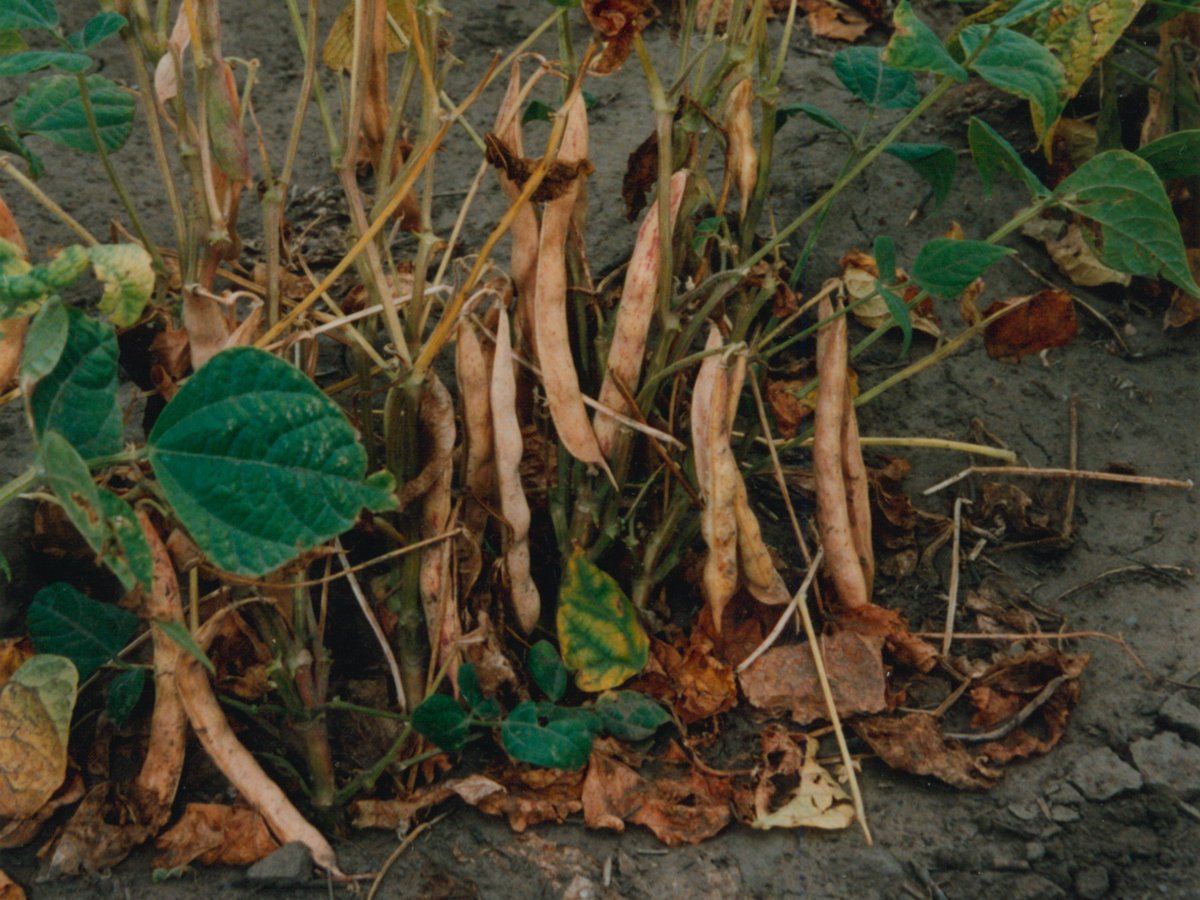A report proposing sweeping changes to the Canadian Grain Commission and Canada Grain Act ignores farmers’ views and reduces their protection, says the National Farmers Union.
“It’s a huge step backwards that fundamentally alters the role of the commission,” said NFU vice-president Terry Boehm.
The report, commissioned by Parliament and written by Toronto-based consulting firm Compas, makes 102 recommendations affecting virtually every aspect of CGC operations, including licensing and security, grading, inspection, research and operational funding, governance, producer consultations, liability and contracting out.
It also recommends a significant change to the commission’s mandate.
Read Also

Dry bean seeded acreage in Manitoba hits 20-year high
Dry bean acreage across all types reached around 207,000 acres in 2025, representing a significant increase from last year’s 182,000 acres.
Currently the Canada Grain Act states that the commission is to act “in the interests of the grain producers” in regulating the grain industry and quality assurance system.
The panel recommends replacing that with a list of four areas in which the commission would be required to act in the interests of producers. Those are delivery access, third party grade and dockage verification, producer cars and security in commercial transaction with grain companies.
For everything else, the commission would not give preference to the interests of any particular stakeholder.
The NFU, which sees the commission as a crucial ally for farmers in disputes with grain companies, calls that a change that will tilt the balance of power heavily in favour of grain companies.
But others are less concerned.
Earl Geddes of the Canadian Wheat Board said it’s a good idea to identify specific areas in which producer interests should take priority.
He noted that some commercial players in the industry felt it was inappropriate for the commission to be mandated to automatically favour one player over another in commercial transaction disputes.
“At this point we’re reasonably comfortable that most of the producer interests that we thought the CGA covered are on that list,” he said.
Wade Sobkowich of the Western Grain Elevator Association said the proposed mandate is a positive change.
“It was confusing the way it was before,” he said.
Under the existing mandate, for example, it was unclear, whether the commission was required to favour a producer in a dispute with a grain company over a grading issue.
While the WGEA has concerns about a few of the recommendations, on the whole it said that if the report is implemented it will make for a more efficient, fairer, lower cost system that will benefit the grain industry.
Boehm said that’s no surprise, given that the report reads like a wish list for grain handlers.
He complained that the consultants who wrote the report largely ignored what they were told by farmers attending public meetings across the country last summer, most of whom said the government should leave the commission alone.
“It definitely does not reflect what producers said,” said Boehm, pointing to the proposed elimination of assistant commissioners, who were strongly supported by farmers, as an example.
“It very much appears to reflect what they were being told by the grain companies.”
Boehm added he was shocked by a comment in the report that appeared to dismiss criticisms of grain companies expressed by producers at the meetings.
The report states that “in the absence of survey data, it is a challenge to estimate to what extent the mistrustful voices heard at our forums, especially in Saskatchewan, reflect the sentiment of grain farmers as a whole.”
Geddes said the board doesn’t share the NFU’s harsh critique of the report.
“I don’t see this as a weakening of the CGC’s role,” he said. “It still fairly clearly sets out that the commission has an obligation in the area of grading and quality assurance and an increased responsibility in food safety, which we certainly support.”
Cherilyn Jolly-Nagel, president of the Western Canadian Wheat Growers Association, thinks the report’s recommendations would result in cost savings while preserving a competitive grain handling system.
She is unconcerned about the proposed changes to the mandate and welcomed most of the recommendations, singling out the establishment of an Office of Grain Farmer Advocacy, change in governance structure, increased government funding and support of a clearinghouse as a means of providing security for commercial transactions.
“I don’t see this as weakening the CGC at all, in fact I see it as strengthening it,” she said.
















